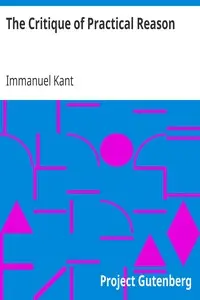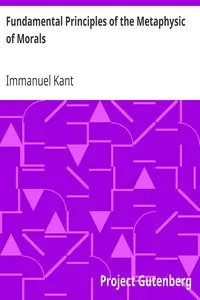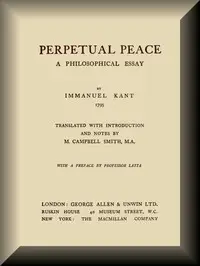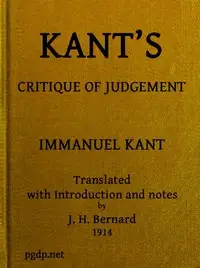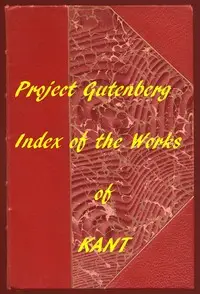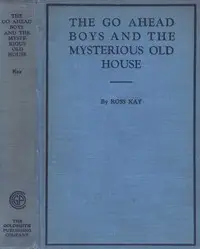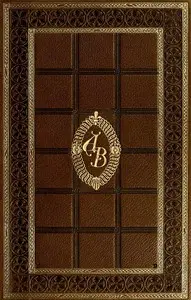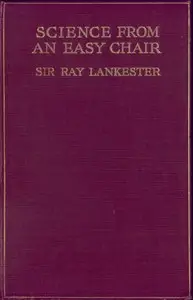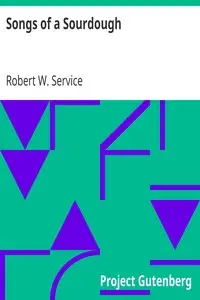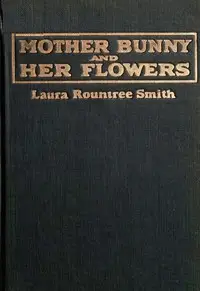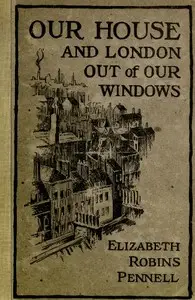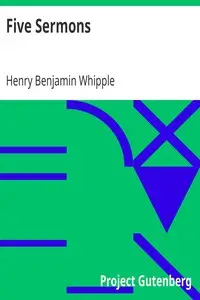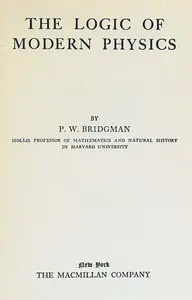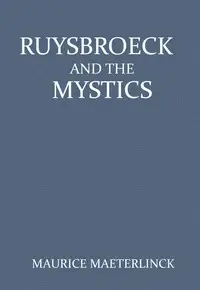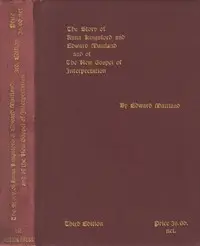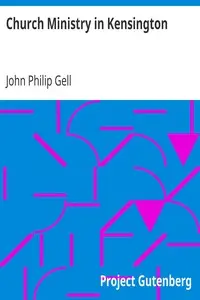"The Critique of Pure Reason" by Immanuel Kant is a foundational philosophical text written during the late 18th century. This critically important work examines the limits and scope of human understanding and knowledge, especially focusing on metaphysics and the distinction between a priori (knowledge independent of experience) and a posteriori (knowledge dependent on experience) cognitions. The opening of the book introduces Kant's ambitious project of critically analyzing the capabilities of reason itself. He establishes that while all knowledge begins with experience, a portion of it can exist independently of experience. Kant delves into the significance of pure a priori knowledge, proposing that certain cognitive faculties allow humans to form necessary and universal judgments that are not derivable from empirical observation. He outlines a systematic approach toward metaphysics which, instead of making unfounded assertions, should investigate the very nature and limits of our reason, establishing a solid epistemological foundation before attempting any metaphysical inquiry. (This is an automatically generated summary.)
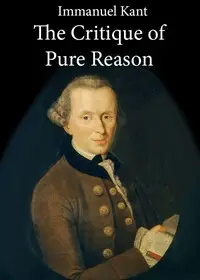
The Critique of Pure Reason
By Immanuel Kant
"The Critique of Pure Reason" by Immanuel Kant is a foundational philosophical text written during the late 18th century. This critically important wo...
Genres
Released
2003-07-01
Formats
epub3 (images)
mobi
epub (images)
mobi (images)
epub
Free Download
Overview
About the Author
Immanuel Kant was a German philosopher and one of the central Enlightenment thinkers. Born in Königsberg, Kant's comprehensive and systematic works in epistemology, metaphysics, ethics, and aesthetics have made him one of the most influential and controversial figures in modern Western philosophy. He has been called the "father of modern ethics", the "father of modern aesthetics", and for bringing together rationalism and empiricism has earned the title of "father of modern philosophy".
Total Reviews
10.0k
Total reviews from Goodreads may change

